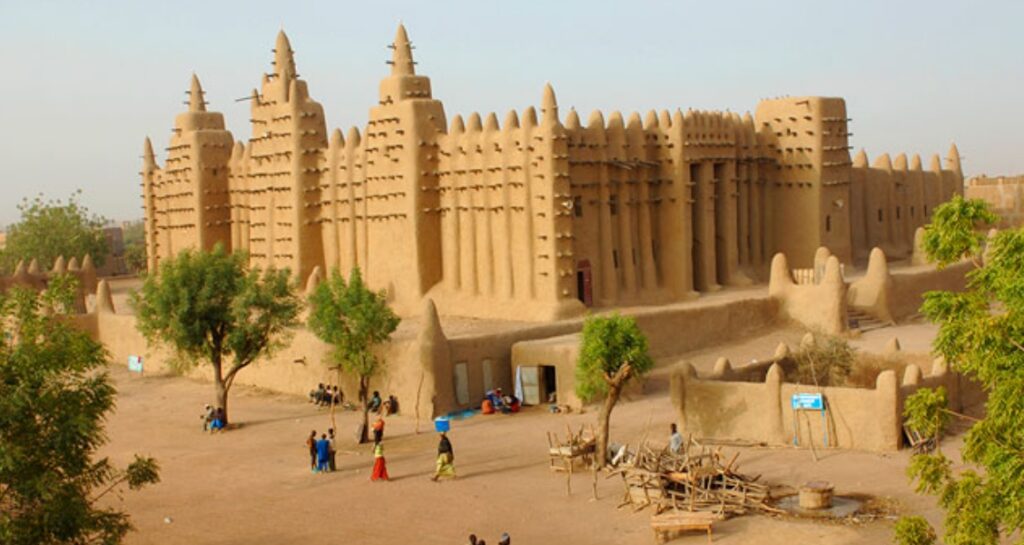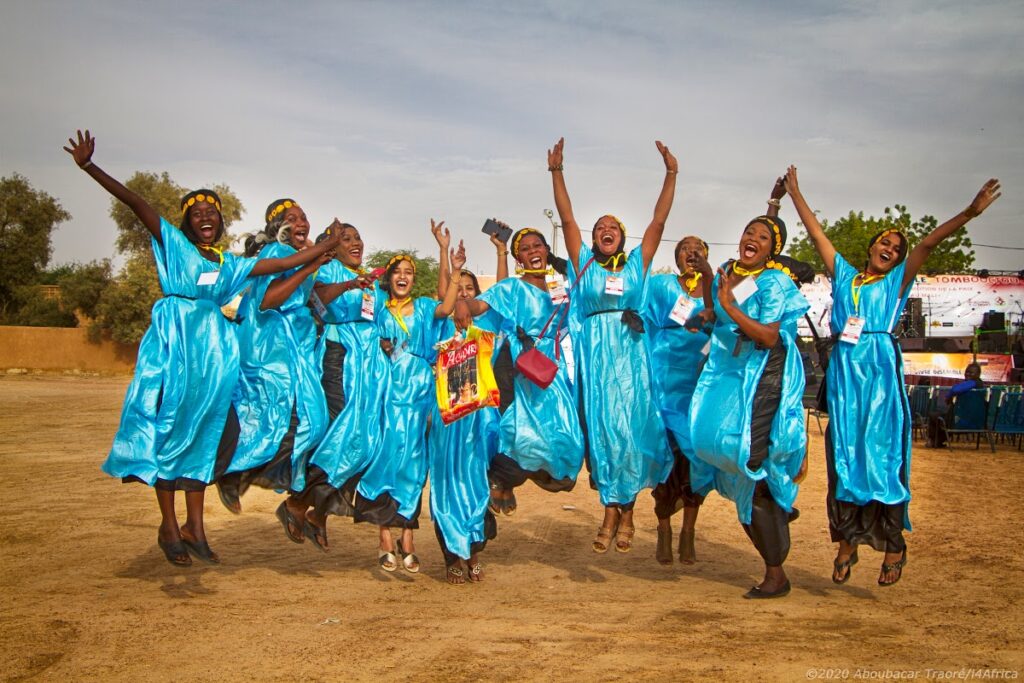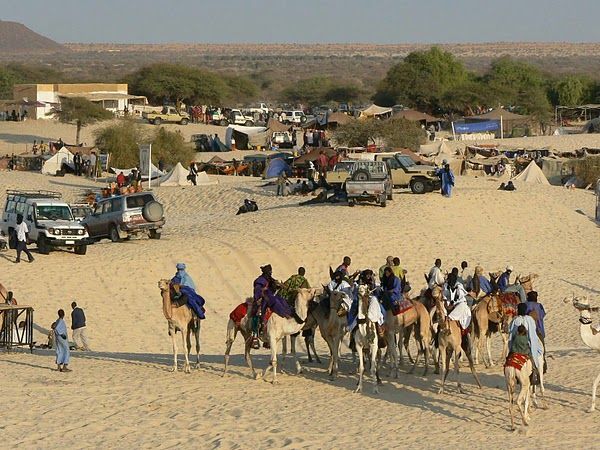For Events/Conferences/ Interpretation Services
- Ram Kesarwani - 9811 200 494
- ram@translationindia.com

Mali was once part of three extremely powerful and wealthy West African empires that controlled trans-Saharan trade: the Ghana Empire (for which Ghana is named), the Mali Empire (for which Mali is named), and the Songhai Empire. At its peak in 1300, the Mali Empire was the wealthiest country in Africa, covering an area about twice the size of modern-day France and stretched to the west coast of the continent. Mali was also one of the wealthiest countries on earth, and its emperor at its zenith, Mansa Musa, is believed to be one of the wealthiest individuals in history. Besides being an economic powerhouse, medieval Mali was a centre of Islam, culture and knowledge, with Timbuktu becoming a renowned place of learning with its university, one of the oldest in the world still active. The expanding Songhai Empire absorbed the empire in 1468, followed by a Saadian army which defeated the Songhai in 1591. In the late 19th century, during the Scramble for Africa, France seized control of Mali, making it a part of French Sudan. French Sudan (then known as the Sudanese Republic) joined with Senegal in 1959, achieving independence in 1960 as the Mali Federation. Shortly thereafter, following Senegal’s withdrawal from the federation, the Sudanese Republic declared itself the independent Republic of Mali. After a long period of one-party rule, a coup in 1991 led to the writing of a new constitution and the establishment of Mali as a democratic, multi-party state.
Mali is a landlocked country located in West Africa. It is bordered by Mauritania to the north, Algeria to the northeast, Niger to the east, Burkina Faso to the south, and Senegal and Guinea to the southwest. Mali is a large country, with an area of 1,240,192 square kilometers. The Niger River flows through Mali, and is an important source of water and transportation. The capital and largest city is Bamako.
Mali’s economy is based on agriculture, mining, and tourism. Agriculture is the largest sector of the economy, and employs about 80% of the population. Mali is a major producer of cotton, gold, and livestock. Tourism is a growing sector of the economy, and Mali is home to a number of historical and natural attractions, such as the ancient city of Timbuktu and the Dogon Country.
Malian culture is a blend of African, Arab, and French influences. The official language of Mali is French, but the most widely spoken language is Bambara. Other languages spoken in Mali include Songhai, Dogon, and Fula. Mali is home to a number of festivals, including the Festival in the Desert, the Festival of the Arts and Culture of Timbuktu, and the Festival of the Dogon.

Festival in the Desert: This festival is held in the Timbuktu region of Mali every year and features traditional music, dance, and art from the Sahara.

The official language of Mali is French. Other languages spoken in Mali include Bambara, Songhai, Dogon, and Fula.
In Mali , Translation India provides a variety of services, including simultaneous conference interpreters, document translation, and language translators. Translation India provides expert translation services in a variety of languages, including French , Bambara, Songhai, Dogon, Fula.. and many more languages . The business offers flexible and reasonable pricing To meet the needs of its consumers, the organisation provides flexible and reasonable pricing. Translation India’s dedication to offering excellent services and satisfying customer expectations creates a positive experience for all parties involved.
If you’re looking for translation or interpreting services in Mali consider Translation India. A team of qualified and certified professionals from Translation India can deliver high-quality services that are individually tailored to your demands.